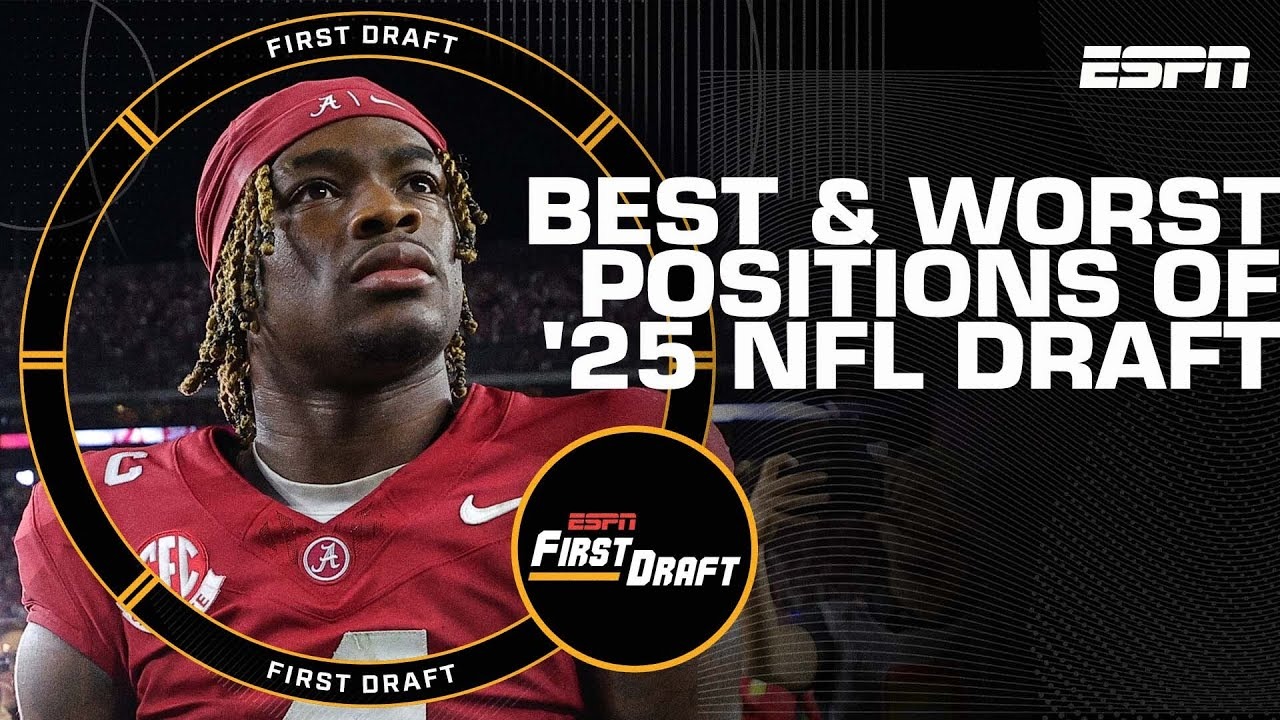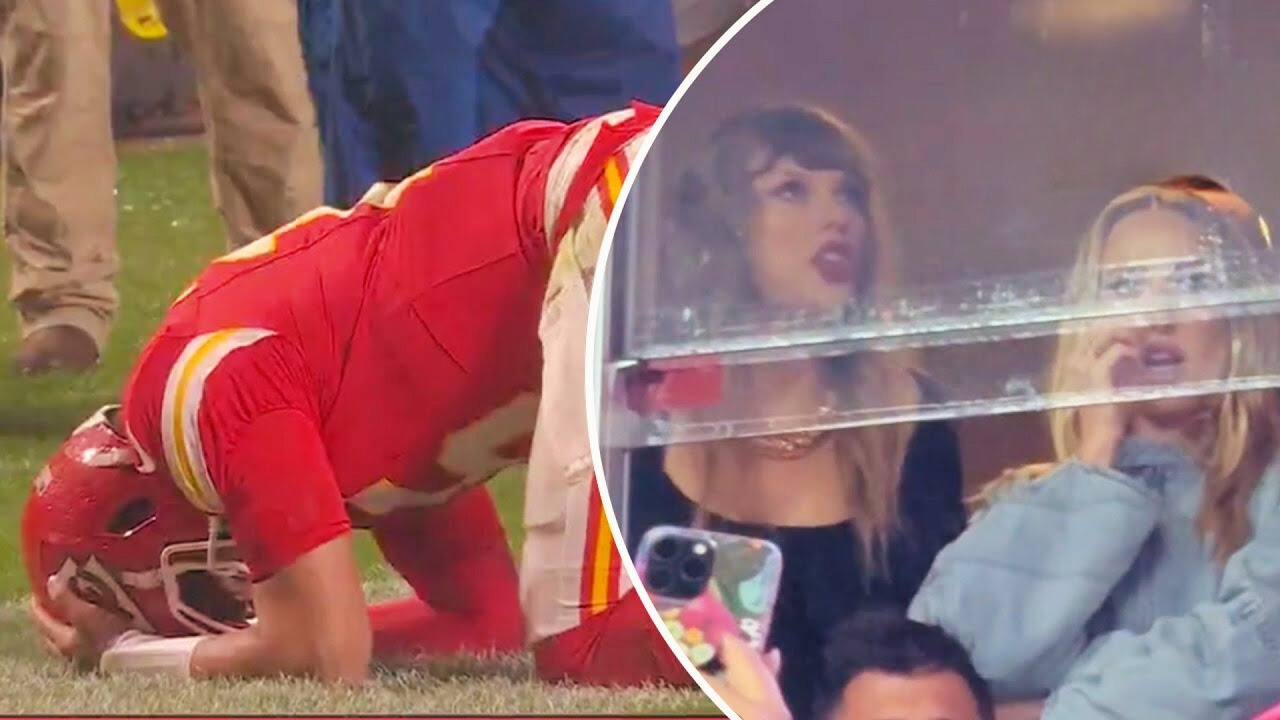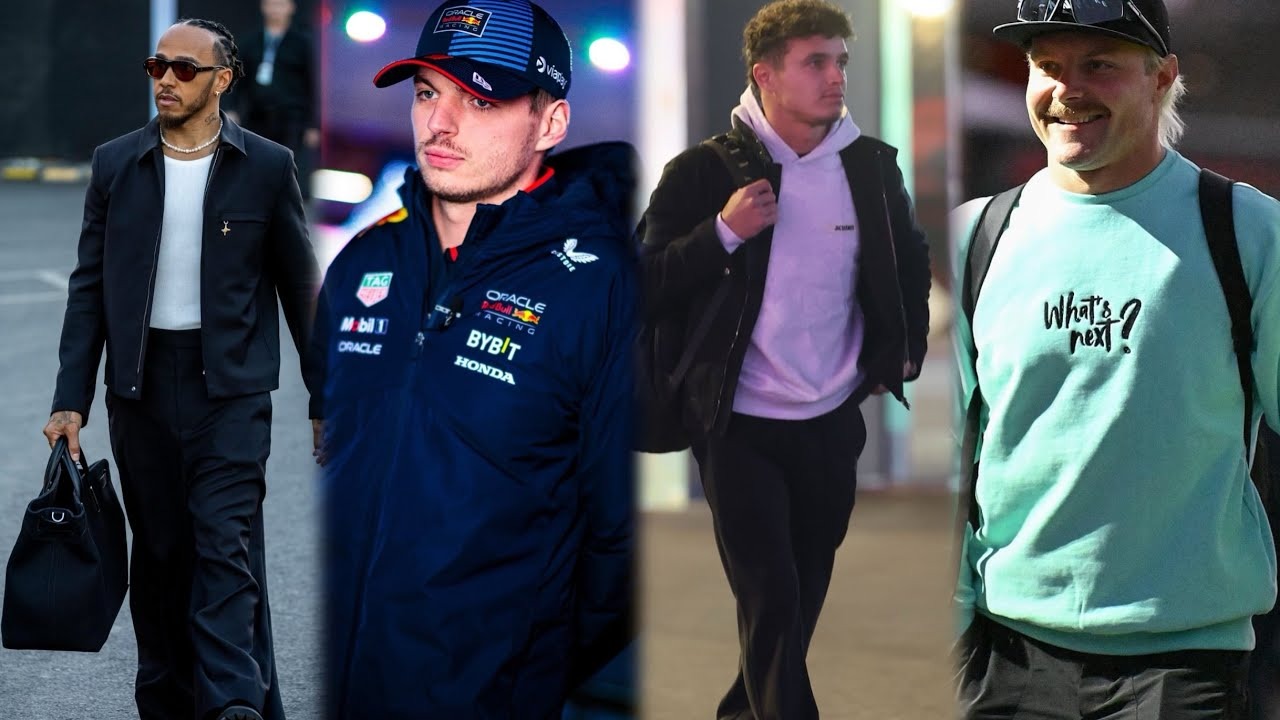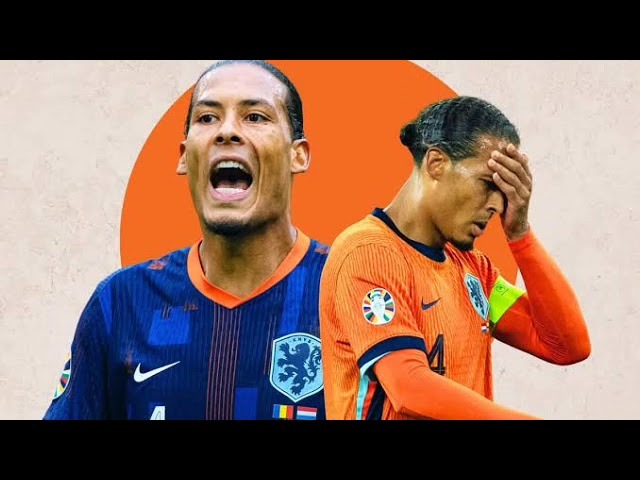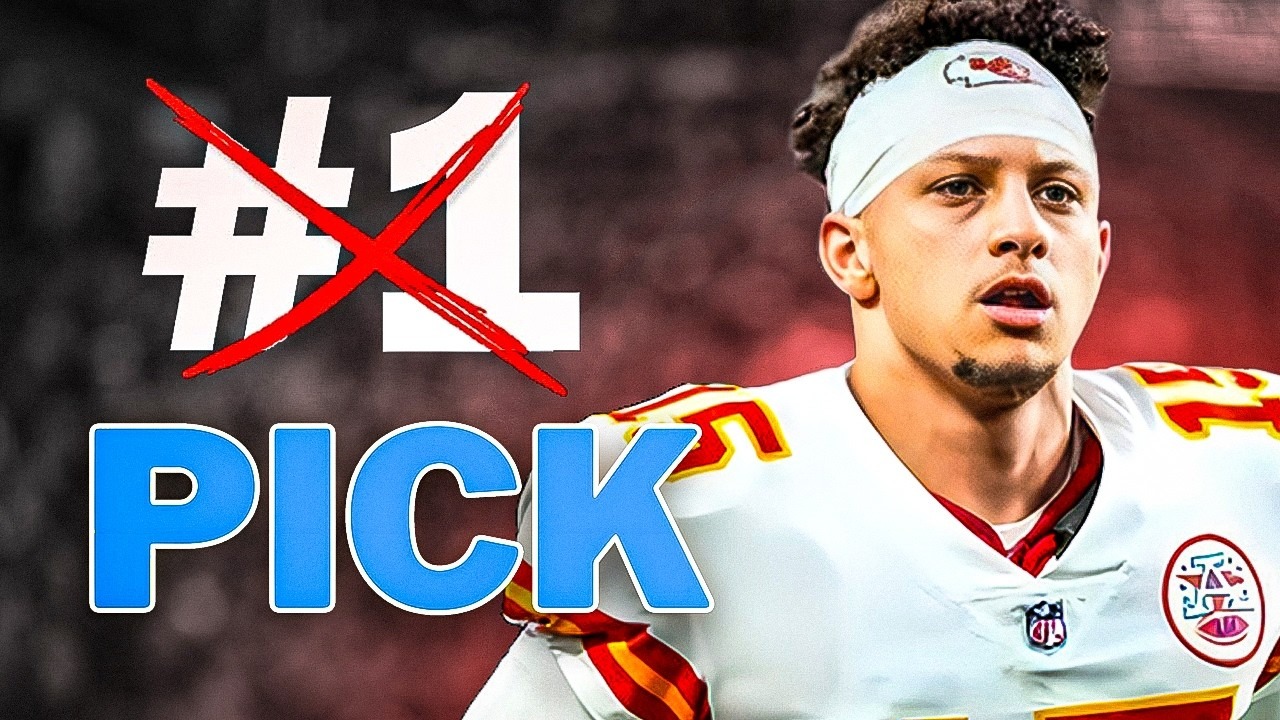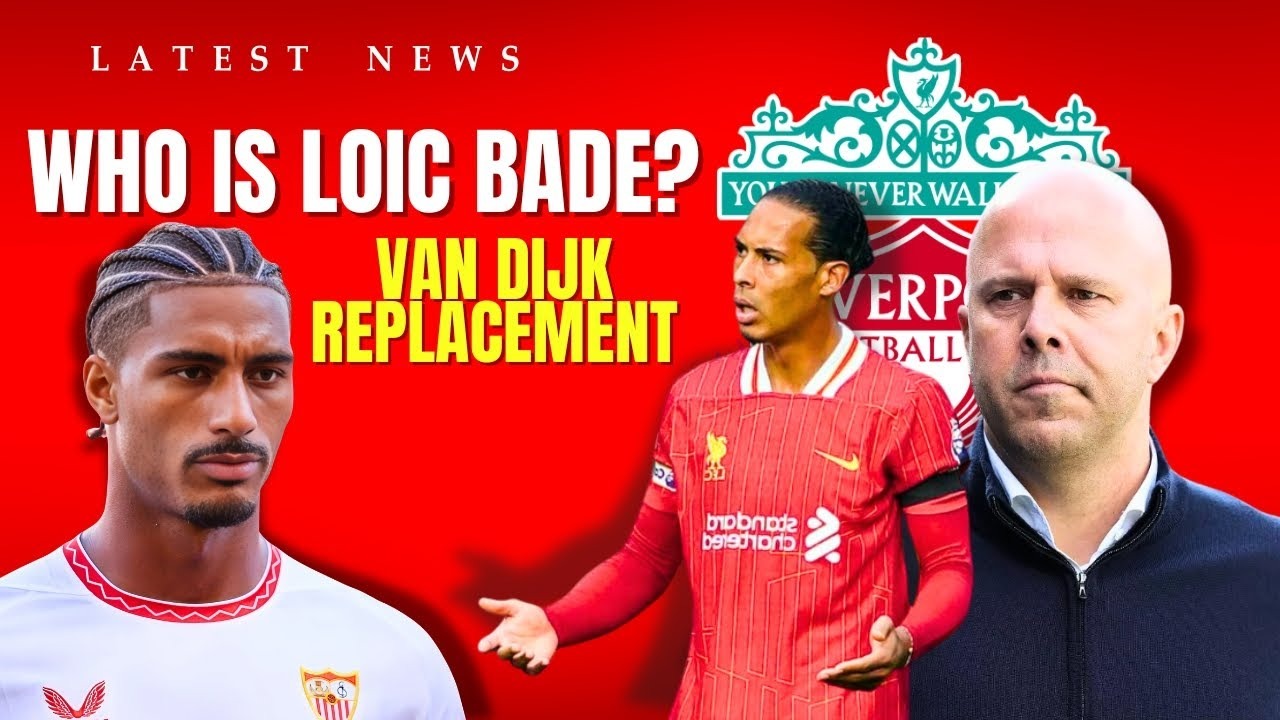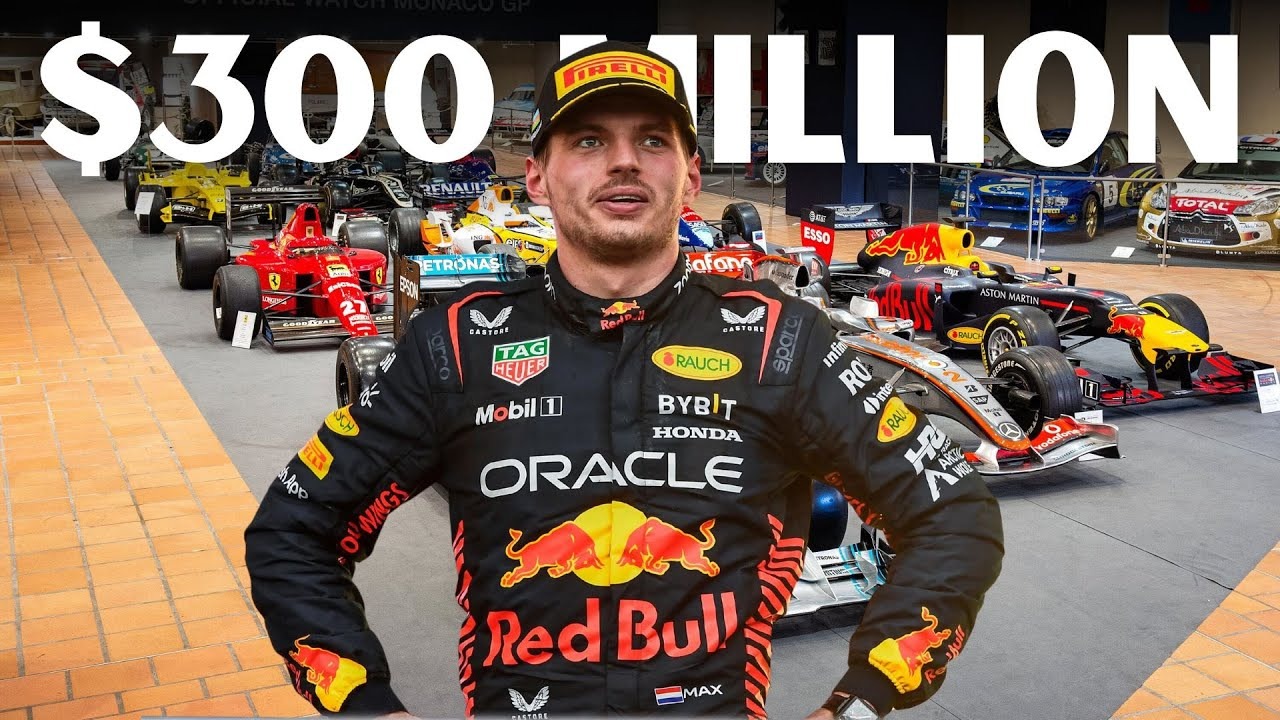When Marcus Rashford won the Sir Matt Busby Award for Manchester United’s Player of the Season at a club gala evening earlier this week, he took care to frame his acceptance speech in a particular way.
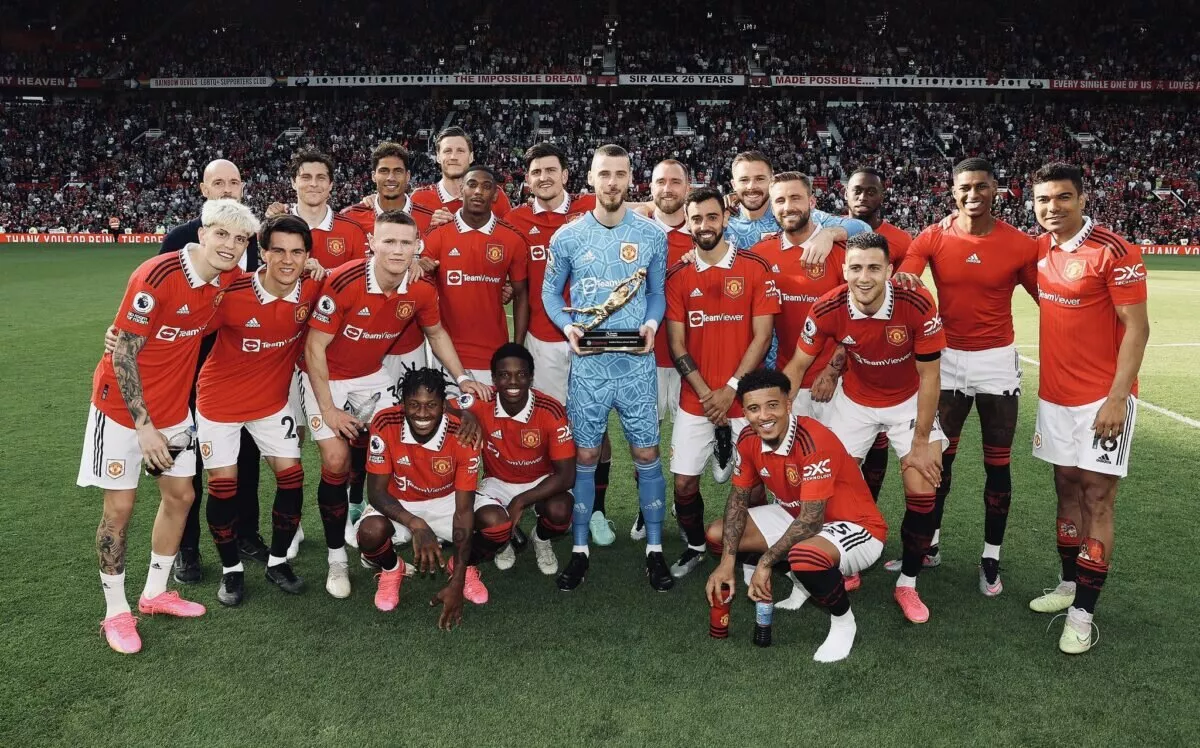
‘I feel a huge sense of pride,’ said Rashford, who has scored 30 goals in all competitions ahead of Saturday’s FA Cup Final. ‘I just hope that more academy players can go on and win this award and feel what I’m feeling right now on the stage.’
Rashford is the first player to have come through United’s revered youth system to win the award since Ryan Giggs 25 years ago and as United go into the titanic clash with Manchester City at Wembley, his nod to the club’s heritage felt especially pertinent.
This FA Cup Final, more than any other in recent memory, is freighted with significance because it is the first to pit the two Manchester clubs against each other and because it represents a chance for City to take a giant leap towards becoming only the second English side, after United, to win the treble of Premier League, FA Cup and Champions League.
It also represents United’s last chance to stop City equalling the feat they achieved in 1998-99. If United win, it will give their fans the consolation that, right at the end of a season when City have swept all before them, Erik ten Hag and his side ruined their rivals’ attempt to be bracketed with them in the history books.
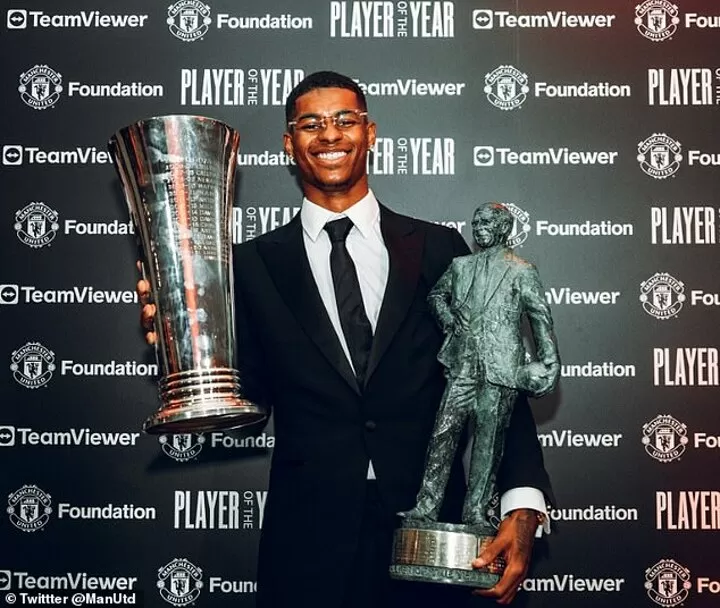
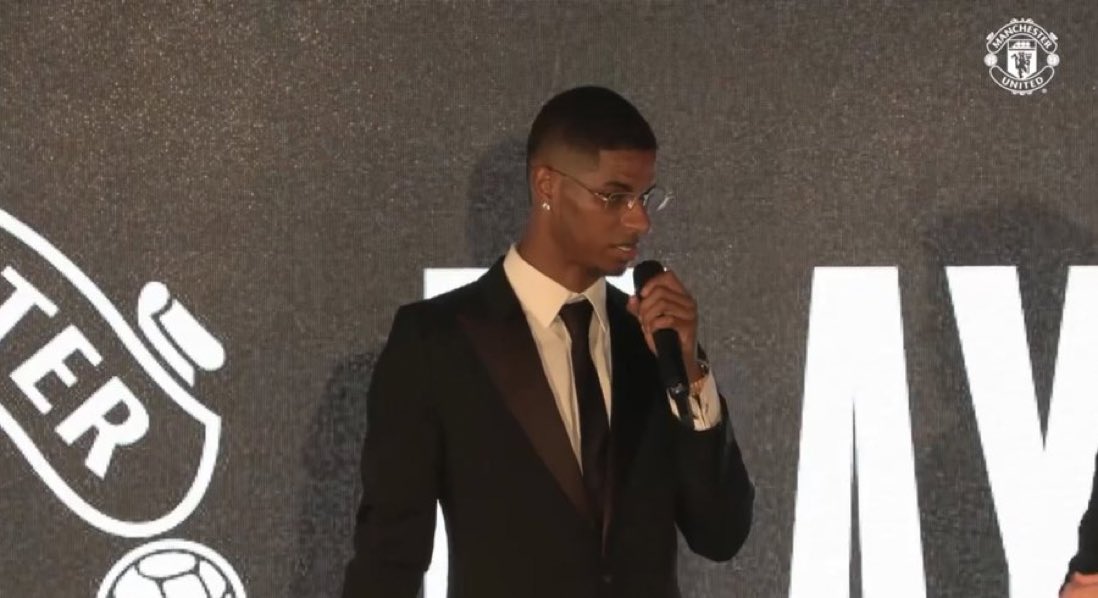
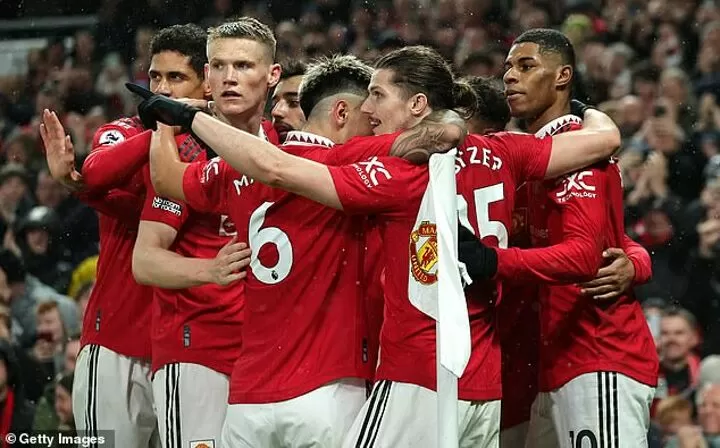
There is a story, apparently apocryphal, that the surviving members of the 1972 Miami Dolphins team that put together the only perfect season in NFL history meet for a toast every year after the last unbeaten record of each season falls and it is not hard to imagine Gary Neville, Roy Keane, Dwight Yorke and the rest doing the same if City falter on Saturday.
But Saturday’s match will be a battle for the soul of Manchester football, too, and, as Rashford’s words hinted, United’s rich history of drawing on players who have come up through the youth system and are part of the fabric of the club has often encouraged their supporters to claim that they are Manchester’s team.
The progression of youth team players – particularly local players – to the first team is a particularly emotive subject in football. It carries a fierce sense of pride and fosters the idea that there is a blood-line between a club and its community.
To many, it means more when there are local lads involved. It suggests authenticity. It heightens a club’s sense of identity. It adds to supporters’ sense of belonging and community. It is why Spurs fans love to sing about Harry Kane being ‘one of our own’.
In Manchester, one of City’s coping mechanisms when United were sweeping all before them under Sir Alex Ferguson, was to maintain that City were still Manchester’s Team because United’s support was drawn from all over the country. City fans could suggest that United supporters were phonies, somehow, and that was a consolation in the times before Abu Dhabi bought the club and City became the best team in England.
‘**** off back to London,’ City fans sing at United supporters when the two meet. It was the same idea of identity – that United were a kind of disembodied entity – that City targeted when Carlos Tevez moved from United to the Etihad in 2009.
City famously greeted his arrival with billboards showing his picture and the slogan ‘Welcome to Manchester’. But even though there is much for City to be proud of in the work they have done in their academy in the last decade, even though many believe City’s academy surpassed United’s some time ago.
There is an umbilical cord tying United to their local community through their youth team that no other club in England can match.
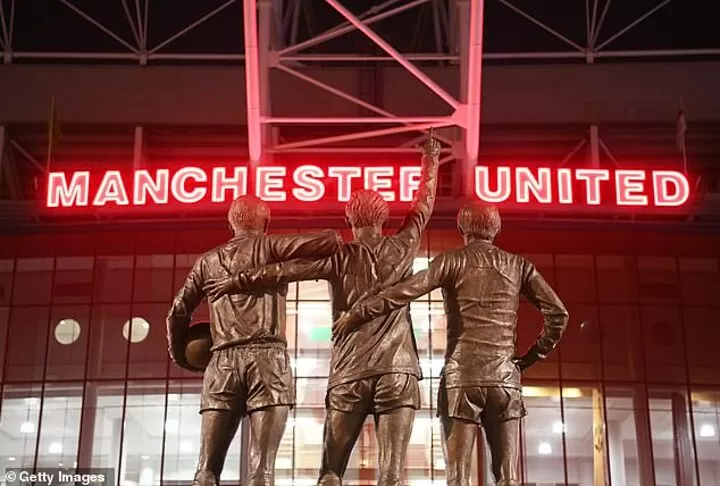
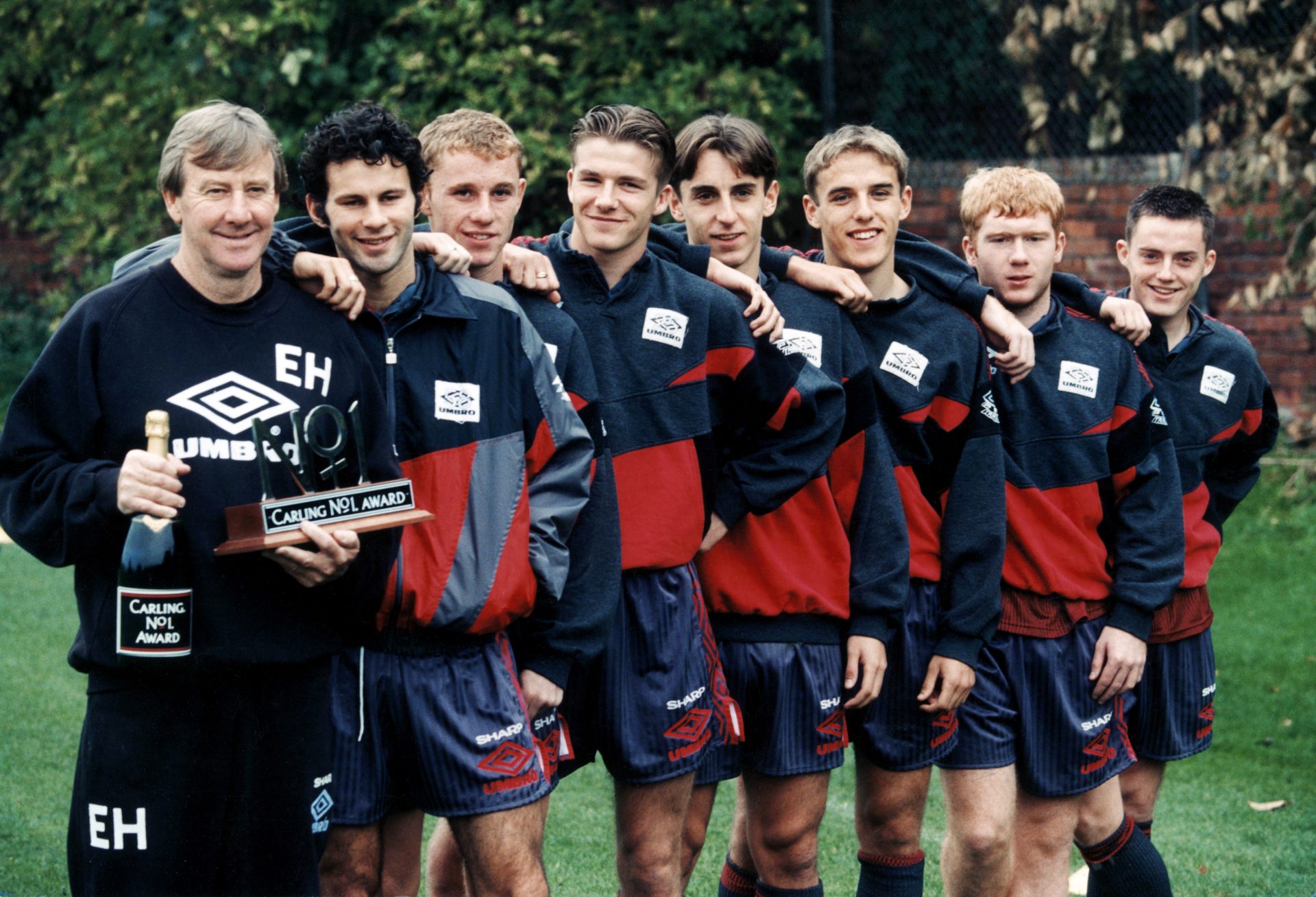
It is a remarkable statistic but, as part of a record that stretches back to October 1937, Saturday’s FA Cup Final will be the 4,208th consecutive first team United game to feature a graduate from the club’s youth system in the first team squad.
The commitment to youth began in the early 1930s when the club secretary Walter Crickmer, and chief scout Louis Rocca, formed the Manchester United Junior Athletic Club to identify young talent early and save money on transfer fees.
Both Sir Matt Busby and Sir Alex Ferguson, the club’s greatest managers, were faithful adherents to a youth policy to the point that Busby’s Babes and Ferguson’s Class of ’92 forged the identity of the club in its most successful periods.
Three of the greatest players in the English club game – George Best, Bobby Charlton and Duncan Edwards – came through United’s system and it also nurtured a France World Cup winner in Paul Pogba.
Even in leaner times, it has produced cult heroes like Norman Whiteside. More recently, Rashford, a United legend in the making and a hero to many for his devotion to the cause of food poverty, has been the youth system’s outstanding product.
It is another remarkable statistic that between signing Tommy Taylor in March 1953 and bringing in Harry Gregg in December 1957, Busby did not pay a transfer fee for a single player.
The core of Ferguson’s great teams – Ryan Giggs, Paul Scholes, David Beckham, Nicky Butt and the Neville brothers – were products of the youth system at the club’s then base at The Cliff, and were free, too.
‘They made you understand the prestige of representing United at any level,’ Gary Neville wrote of the youth team teachings of Eric Harrison and Stiles. ‘The history was all around you.
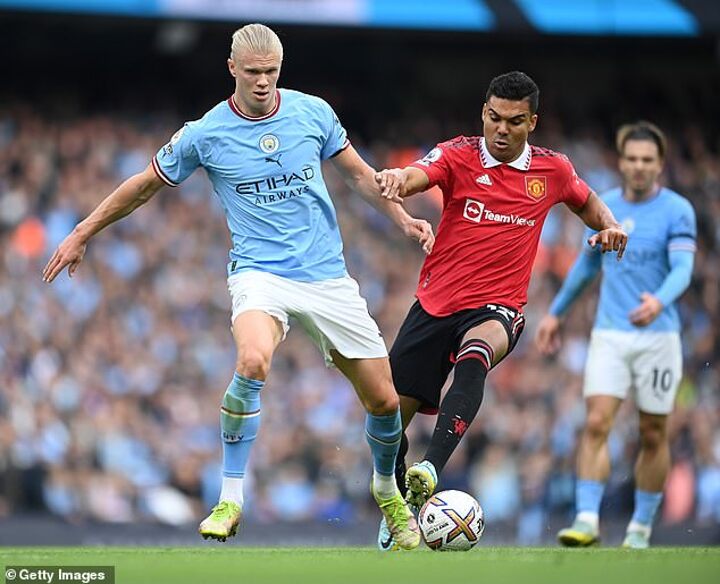
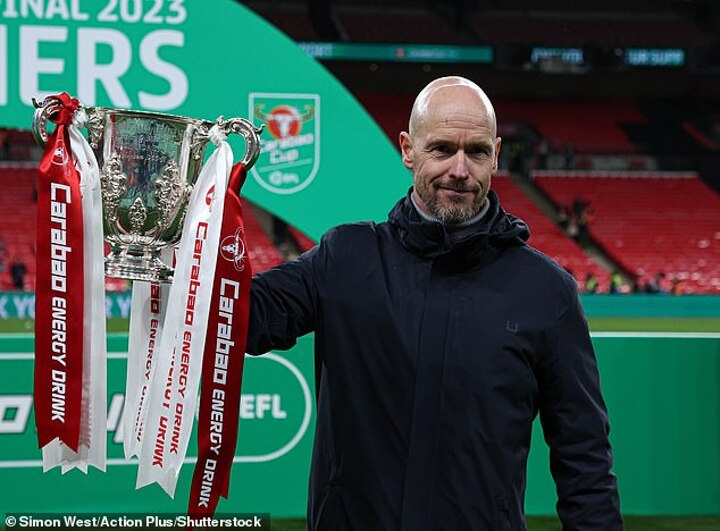
‘We went over to the Milk Cup in Northern Ireland once and stayed at a hotel run by Harry Gregg, the great United keeper and hero of the Munich air crash. We sat there as 16-year-olds listening to Harry and Nobby’s stories about George Best, Denis Law and Bobby Charlton.’
There have been times when some have wondered whether the run featuring youth team players in the squad might be broken – most recently when Jose Mourinho was in charge – but Mourinho respected the traditions of the club, too, and gave six youth team players, including Scott McTominay, their first team debuts while he was at Old Trafford.
The tradition has endured even when there have been concerns that the United academy has been suffering from a lack of investment and when the cream of the area’s young players – including the sons of former United stars – were choosing City’s academy.
City have outstanding local talents in and around their first team, too, most notably Phil Foden, Rico Lewis and Cole Palmer and while United were knocked out in the fourth round of the FA Youth Cup this season – beaten by Stoke City – City made it to the semi-finals.
But there is no club in the country that can match United in terms of the longevity and the consistency of their commitment to youth. On Saturday, when Rashford, Alejandro Garnacho and others either run out on to the pitch for the Cup Final or take their place on the bench, United will have won another kind of victory before a ball is kicked.
Video: Manchester United manager Ten Hag pleased to guarantee top four finish
Share or comment on this article: Man United: FA Cup final will be 4,208th straight game to feature youth team star


